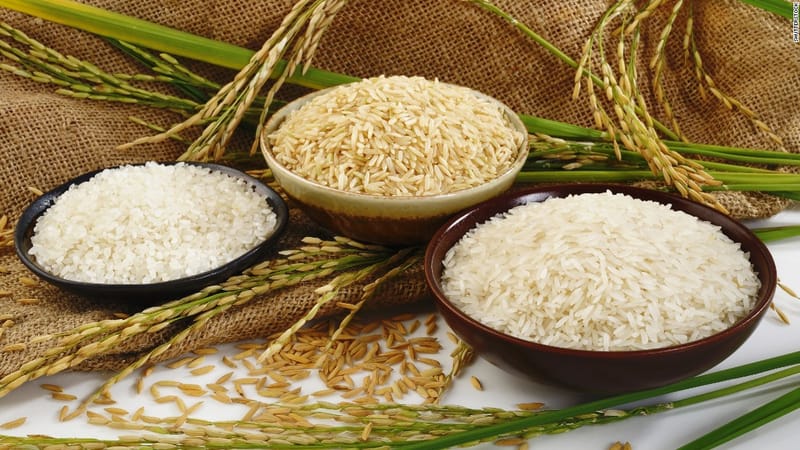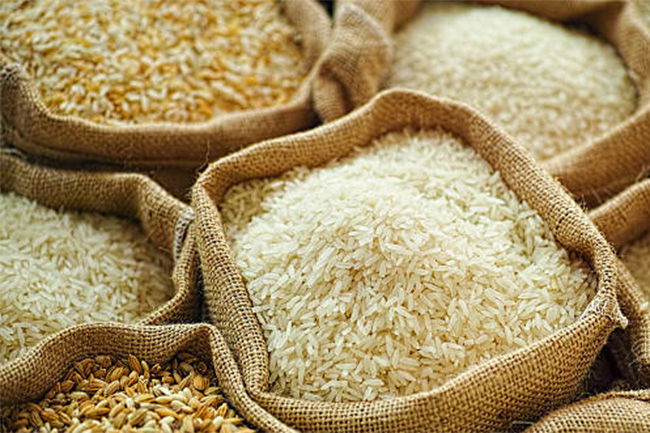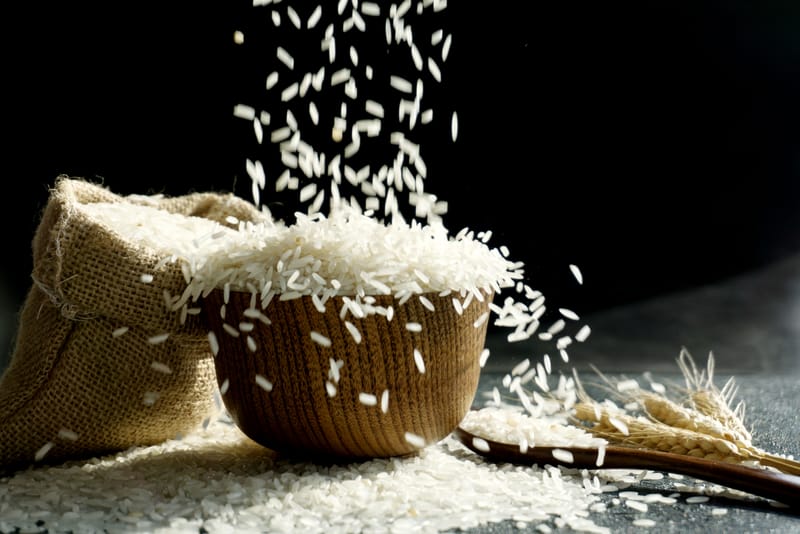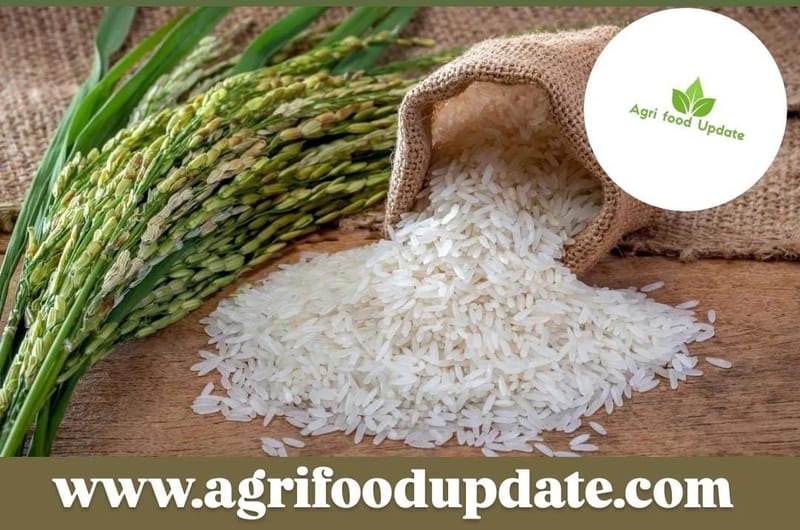ARTICLE 2 #Rice Export
MUMBAI -- Rice traders in India, the world's biggest supplier of the staple, are paring back their forecasts of record exports as buyers struggle to take on the glut of rice unleashed by the lifting of the country's export curbs. This comes as Indian exporters find themselves in a similar situation to their peers in Thailand and Vietnam, who have been hit by the drop in prices caused by the Indian oversupply. India's Rice Exporters Association has cut its growth forecast of total rice exports for 2025 to 11%, amounting to about 20 million tons, down from its earlier forecast of a 25% jump to 22.5 million tons, B.V. Krishna Rao, the group's president, told Nikkei Asia.
Read MoreRice millers in Punjab have declared they will not process hybrid paddy varieties such as Pusa‑44, citing extremely high grain breakage rates (45–50%) and reduced head‑rice recovery (55–57% vs. the standard 67%). This makes milling financially unviable and poses serious complications for the upcoming procurement season. Millers are demanding relaxed breakage norms and access to an IIT Kharagpur study on yield outcomes.
Read MoreINDIA – India has teamed up with the World Food Programmed (WFP) to combat global hunger by agreeing to supply fortified rice to crisis-affected populations worldwide. The partnership was formalized through a Letter of Intent (LoI) signed between the WFP and the Government of India, marking a new milestone in international efforts to ensure food security for vulnerable communities.
Read MoreIndia's rice exports have shown a varied performance across different regions during the first seven months of the year (January-July 2025), with Asia emerging as the primary growth driver, according to a region-wise analysis of export data for 2024 and 2025.Notably, Indian non-basmati rice is a popular and cost-effective food source in many countries across the region, and its consistent supply and competitive pricing make it a preferred choice for food security programmes and general consumption.
Read MoreIndia will likely not accept any proposal from the European Union to decouple the issue of the protected Geographical Indication (GI) tag for basmati rice from the purview of the Indo-EU free trade agreement (FTA), say analysts. “Recent reports highlighting concerns over recognising Pakistan’s application for GI tag to basmati rice are likely to complicate the FTA talks. The EU may adopt procedural or diplomatic bridges to avoid the dispute being a dealbreaker and hence look at decoupling it,” said S Chandrasekaran, a historian on basmati GI. Given the importance the Indian government attaches to agriculture and dairy, New Delhi will be averse to delink the issue of GI tag for basmati rice from the FTA talks.
Read More






